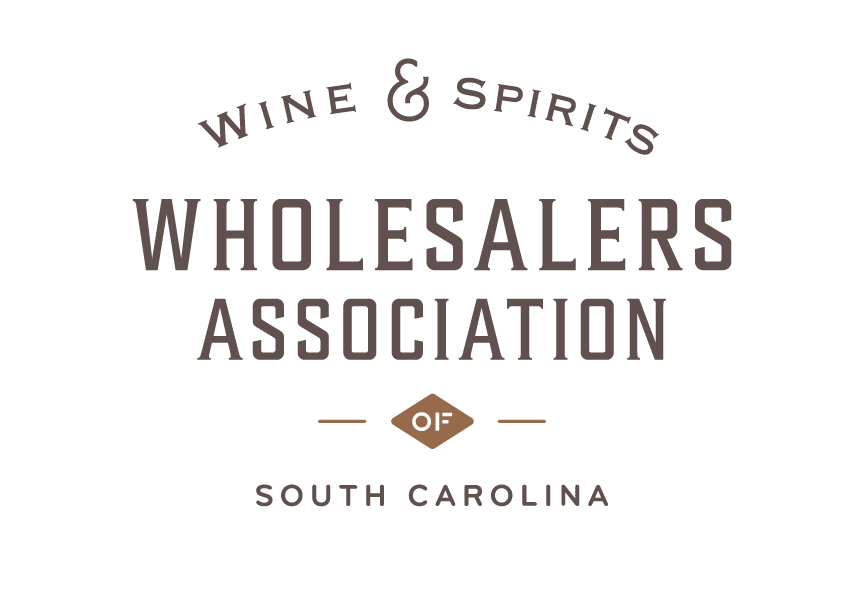Fake Bottles of Yellow Tail Wine Are Popping Up in the U.K.
SOURCE: Food & Wine
By Mike Pomranz
February 23, 2021
A store in Birmingham was busted with 41 counterfeit bottles of the popular Australian wine.
Counterfeiting's gotta be a tough gig. Surely, your impulse is to go for the most bang for your buck: Why counterfeit ones when you can print hundreds? But the bigger the prize, the greater the scrutiny. So though some wine fraudsters may be inclined to fake a 96-year-old bottle of Romanee Conti, a more commonplace brand has caused an issue in England: Yellow Tail.
Earlier this month, a supermarket in Birmingham, England, faced government action after being busted with 41 bottles of counterfeit Yellow Tail wine, according to Birmingham Live. A customer reportedly became concerned after buying six bottles in November and discovering three of them "had different color liquid inside and did not taste the same as the others." The local Trading Standards authorities investigated, eventually confirming a variety of fake wines purported to be from the popular Australian brand, including Pinot Grigio, Cabernet Sauvignon, Merlot, and Shiraz.
The Birmingham shop appears to be the U.K.'s most egregious incident thus far; however, Martin Williams of Birmingham City Council's Trading Standards team stated it wasn't just a local problem. "There were some bottles found in [the nearby town of] Dudley, and there appear to be bottles found in different parts of the country—some were in the South and some were in the North," he was quoted as saying.
As such, Trading Standards had advised the Birmingham City Council, "It would appear that this is a large-scale operation, (probably originating abroad) using organized crime gangs in the UK to distribute and sell the products."
And yet, though some Brits may wonder if they can trust their bottle of Yellow Tail, the bigger issue appears to be trusting your retailer. "The alcohol could not have been bought legitimately," Chris Jones of West Midlands Police was quoted as saying. "The only way this alcohol could have been bought is off the back of a [truck] with a white van man. The premises didn't know if this was fit for public consumption—they wouldn't have had a clue. The only thing they were worried about in my opinion was buying cheap alcohol, selling it at full retail price, making as much money as humanly possible."
And so, in the end, the Birmingham supermarket that sold the fake wine (which, for the record, was determined not to be unsafe) has faced the worst consequences for now: As Birmingham Live explained in a follow-up, the store's alcohol license was revoked, its supervisor was removed, and Nisa—the chain affiliated with the store—cut ties with the location and promised to remove its branding.
